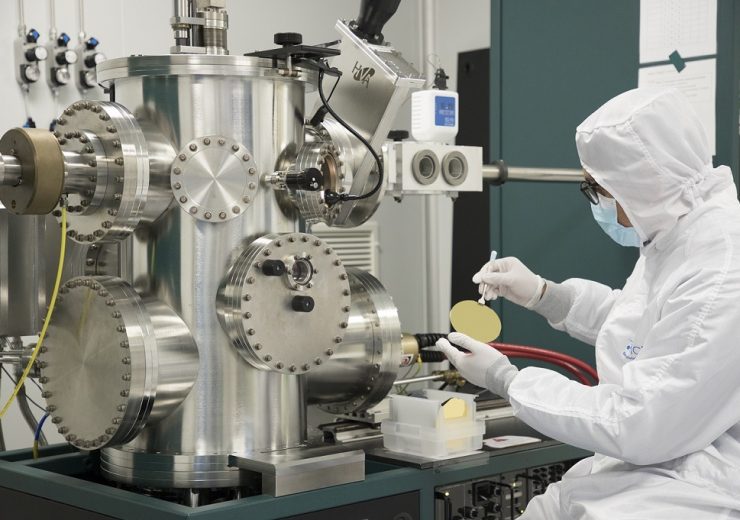The collaboration will co-develop advanced bioelectronic therapies to target severe chronic diseases in Merck’s therapeutic areas

Merck, Inbrain collaborate on bioelectronic therapies. (Credit: Merck KGaA.)
Science and technology firm Merck has joined forces with Inbrain Neuroelectronics to jointly develop the next generation of bioelectronic therapies for severe chronic diseases.
Inbrain Neuroelectronics is a medtech, deeptech and digital health company engaged in the development of graphene-based neural interfaces and intelligent neuromodulation systems.
Under the collaboration, both partners will closely collaborate over the next few years to actively develop graphene-based bioelectronic vagus nerve therapies.
Bioelectronic therapies use small, implantable devices to modulate electrical signals passing along nerves in the body, for the treatment of altered and dysregulated nerve signals.
The partnership will develop advanced therapies through Innervia Bioelectronics, a subsidiary of Inbrain, to target severe chronic diseases in Merck’s therapeutic areas.
Merck chief science and technology officer Laura Matz said: “We aim to accelerate developments in the emerging field of bioelectronics by boosting the novel modality of selective neurostimulation.
“Today’s agreement with Innervia Bioelectronics gives our company access to a unique technology that increases energy efficiency in neurostimulators and could therefore become a true enabler for digital personalised treatment of patients suffering from severe and chronic diseases such as inflammatory disorders.”
Merck will contribute its bioelectronics research facilities, and its data science, clinical, regulatory and quality expertise to the collaboration.
Innervia will leverage its expertise in the development of graphene interfaces, device development and signal processing for clinical applications.
The companies will initially focus on inflammatory, metabolic, and endocrine disorders, leveraging graphene for miniaturisation, precision and modulation in the vagus nerve.
Graphene is a two-dimensional material, said to have unique electrical and thermal conduction properties that are still being explored.
Innervia Bioelectronics CTO Jurriaan Baker said: “This partnership highlights the importance of key players in their respective domains joining strengths to develop electronic therapies based on minimally invasive technologies and precise signal coding, enabled by graphene, for patients with debilitating, systemic, chronic conditions.”
Inbrain Neuroelectronics co-founder and CEO Carolina Aguilar said: “Our shared mission is to improve outcomes for these patients, who live with scarce information about their conditions and little control over their journey.”
Last month, Merck partnered with Nucleai to leverage the latter’s AI-powered image analysis and biomarker discovery platform for its clinical-stage oncology assets.
